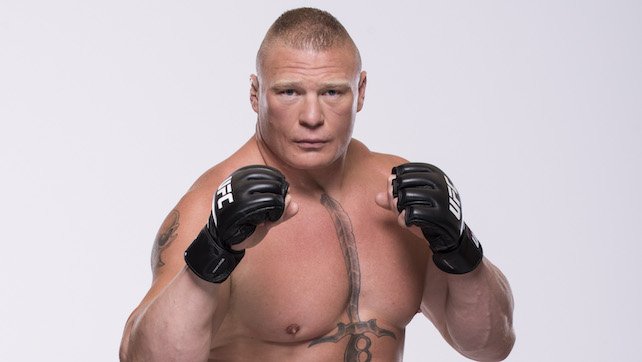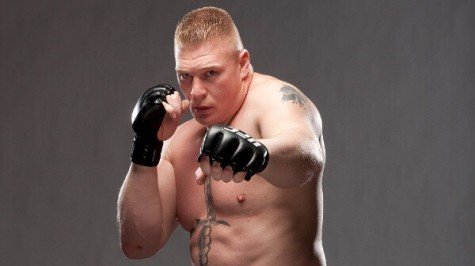
My latest column for the Pittsburgh Tribune-Review talks about how Brock Lesnar and part-time talent are exempt from WWE’s drug testing. Here’s an excerpt:
WWE isn’t punishing Brock Lesnar for two failed drug tests with the U.S. Anti-Doping Agency, and that makes sense.
WWE said Lesnar is exempt from its drug testing, and that doesn’t make sense.
The USADA is investigating Lesnar’s test failures to determine whether the results are accurate and to what extent Lesnar was aware, if at all, of his violations. The outcome involves MMA, with the test given for Lesnar to be able to perform in UFC 200 on July 9. There was no WWE involvement or connection.
You can’t say for sure that whatever caused Lesnar’s failure in the USADA testing would have qualified as a failure in WWE’s test. There was no need for WWE to hand down punishment to Lesnar, and I’m glad they didn’t.
However, in the process of finding out for sure whether WWE would have any action, the company made a statement to TMZ Sports saying, “WWE’s talent wellness program does not apply to part-time performers such as Brock Lesnar.”
What?
In Article 17 on WWE’s website explaining the drug-testing policy, “This Policy, as it may be amended from time to time, is applicable to and binding upon all WWE Talent under contract to WWE who regularly perform in-ring services as a professional sports entertainer (“WWE Talent”).
The key phrase being “regularly perform in-ring.”
I can understand not testing every person who technically has a match. WWE has seen many celebrities in the ring for the bell ringing but have little physical involvement or do so for only for one night. I don’t think actor Stephen Amell needed to be tested when he had one-time tag team match in August as part of a cross-promotion.
Lesnar had fewer than 20 matches over the past three years, which I agree is a part-time, in-ring rate of service. But does it make sense to not test him and keep up on his health as the policy is there to do? He’s one of the WWE’s top-paid performers per year and has been in one of the marquee matches in almost every major pay-per-view for the last three years. He might not be regularly in-ring, but he is regularly a top star for the company.
When he’s having a match against a full-time guy like Seth Rollins or Roman Reigns, they are being tested so it seems kind of odd to me that they would be in the ring with someone who isn’t. Even with it being show business and not an actual competitive sport fight, the physicality is there. The health, or lack thereof, of one talent can certainly affect another talent.
Interestingly, WWE talents by WWE’s own admission are listed as independent contractors, which traditionally in the working world aren’t classified as full-time or part-time.
CLICK HERE for more of the column with the dangers of the wording of the policy and what it looks like.








